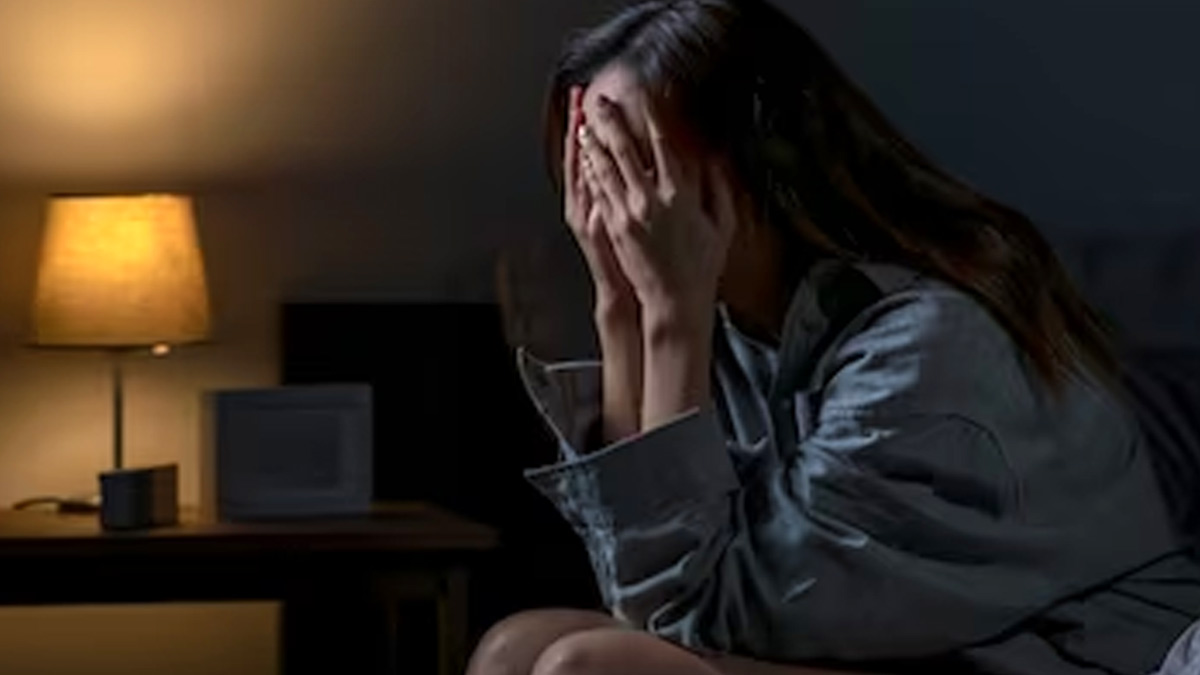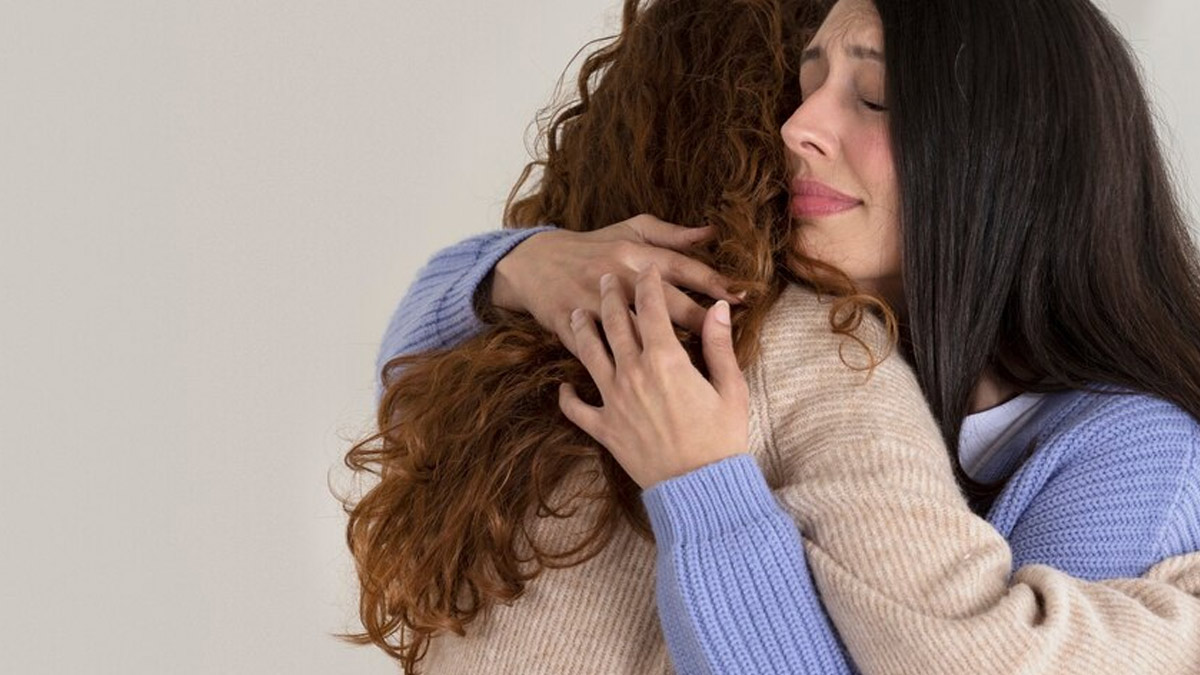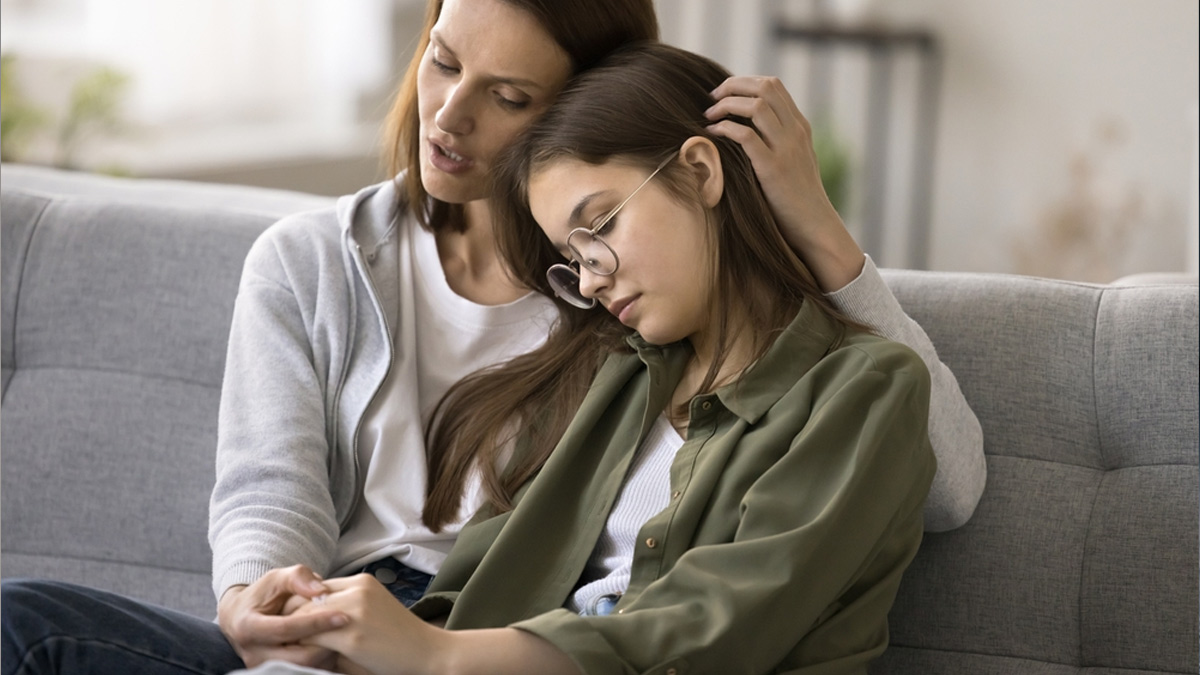
Do you hate waving bye when you are parting ways from your loved ones? Do you feel homesick being away from family? Do you feel fear and anxiety creeping in when you are not around a person you love or when you’re alone? Do you constantly worry about losing someone you love to an illness or disaster? This can be separation anxiety. Separation anxiety is often associated with children, but it can affect adults as well which can lead to significant emotional distress and disruption in daily life.
Table of Content:-
Months ago, I was diagnosed with separation anxiety. I live away from home for work and I would often feel uneasy, discomfort when I am in my room alone. Growing up in a joint family, I was always surrounded by cousins, relatives and nieces, nephews. I’ve never even had a separate room to myself, thus, moving to Noida and having an entire room to myself did not go well for me. However, everyone told me I should learn to be away from the people I love, as I am GROWN UP ADULT now. I would nod yes, but deep down, my heart would cry and long for the presence of at least one person that I dearly loved. After taking therapy and having the support of lovely friends around me, I was able to overcome this anxiety. The discomfort and uneasiness is all gone, fortunately.

To understand more about separation anxiety in adults, OnlyMyHealth interacted with Aarti Chawla, Psychotherapist and Life Coach, Mumbai.
A study published by the National Institute of Health suggests that adult women with higher levels of separation anxiety are more prone to experiencing negative emotions and reacting strongly to stress, and that they may also tend towards aggression, feeling alienated, and being absorbed in their sensory experiences. The study also suggests that the tendency to experience negative emotions may lead to increased levels of separation anxiety three years after the study had started.
Also read: Understanding And Addressing Separation Anxiety In Children: Expert Shares Insights
Separation Anxiety In Adults

Talking about separation anxiety in adults, Chawla said, “An intense and irrational fear of being separated from a loved one is called separation anxiety disorder. Usually small children go through this kind of intense anxiety when they get separated from their parents or caregivers. For example the first day at play school for a toddler. In adults, it shows difficulty in leaving someone they are close to.”
Symptoms And Causes

Explaining symptoms of separation anxiety, Chawla said, “Symptoms of separation anxiety are excessive worry about losing a parent or loved one. Too much anxiety while leaving a loved one even if it's for a short period of time. Fear of death of a loved one or stress when separation is anticipated.”
This type of anxiety is inherited from parents and a child exhibits it at a young age. It can also be a learned behaviour due to environmental factors. “Relationship issues, divorce or work stress can also lead to Separation Anxiety Disorder,” Chawla said.
Also read: What Is Separation Anxiety? Know Symptoms, Causes And Risks

Risk factors For Separation Anxiety Disorder
Chawla listed down a few factors that are responsible for separation anxiety disorder in adults.
- Loss of a parent in childhood
- Childhood trauma or abuse
- Past experiences
- Separation or divorce of parents
- Change of school
- Parental alcoholism
Coping Strategies for Separation Anxiety

Chawla said, “A mental health practitioner or a psychologist is able to diagnose SAD through tests or simply counselling the subject.”
Therapy: Cognitive-behavioural therapy (CBT) can help individuals identify and change thought patterns that contribute to their anxiety.
Relaxation Techniques: Practising relaxation techniques such as deep breathing, meditation, or yoga can help reduce anxiety levels.
Gradual Exposure: Gradually exposing oneself to situations that trigger anxiety can help desensitise the fear response.
Support System: Building a strong support system of friends, family, or support groups can provide comfort and reassurance.
Also watch this video
Read Next
Arthritis Vs Arthralgia: Expert Explains The Difference Between These Joint Pain Conditions
How we keep this article up to date:
We work with experts and keep a close eye on the latest in health and wellness. Whenever there is a new research or helpful information, we update our articles with accurate and useful advice.
Current Version